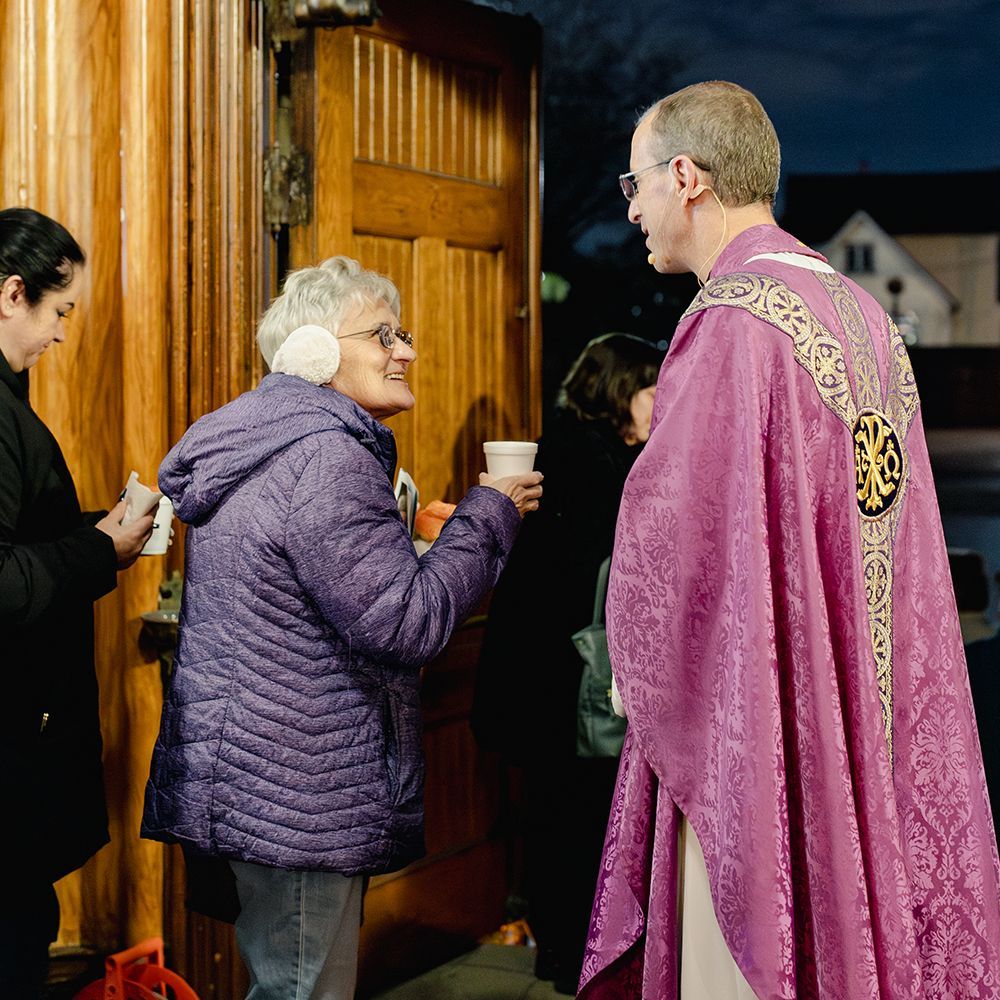Parish Bulletins for Holiday Visitors — Tips to Consider for the Catholic Holiday Crowd
Holidays like Christmas, Easter, and other special liturgical celebrations, often bring visitors into your parish. With this surge in visitors during special holiday seasons, it's crucial to ensure that your church bulletin effectively communicates your parish’s message to both regular attendees and newcomers. To guarantee that your bulletin is effective during the holidays, consider the following bulletin alterations to better communicate with those entering your community for the first time.
Four Ways to Help Your Bulletin Reach Visitors
1. Explain with Clarity
The first step in making your bulletin more accessible to visitors is to provide clear explanations of church acronyms and terms that you may consider common but could be unfamiliar to a newcomer’s eyes. For example, instead of stating, "OCIA meets on Tuesdays," consider providing a more informative description, such as:
"On Tuesdays, we meet to discuss what it means to be Catholic and the steps someone can take to join the Catholic Church. Our friendly, pressure-free environment encourages questions and open dialogue. These meetings are part of our OCIA program. OCIA means the Order of Christian Initiation for Adults.”
Don’t forget to share how people can register or learn more information about events and programs you may be inviting them to. By offering explanations like these, you ensure that all visitors, regardless of their level of familiarity with your church, feel welcome and informed.
2. Declutter and Freshen Up Your Design
A cluttered or visually busy bulletin can be overwhelming. Trying to pack too much information into your bulletin makes it hard for people to find the information they need. Consider decluttering your bulletin by removing unnecessary content and providing a cleaner, more user-friendly design. Not sure where to start? Reach out to our design team for assistance! We have designed bulletin layouts for parishes across the country, assisting church staff in creating bulletins that effectively and professionally communicate their message and mission. Clean, visually appealing, and clearly well-designed bulletins not only enhance readability but also create a positive impression of your church to everyone who reads them.
3. Rearrange with Purpose
The order of information in your bulletin matters. Start by showcasing newcomer-friendly activities and events. For instance, highlight welcoming initiatives like coffee and doughnuts after Mass, newcomer gatherings, or community events you may have like sports leagues that invite visitors to socialize and engage with the community.
Transition gradually to spiritual growth opportunities that may require a bit more bravery, such as volunteering for specific ministries or joining your parish’s Bible study or faith formation programs. Organizing your content in this way helps visitors find activities that align with their spiritual journey.
4. Inject Some Humor
Humor can be a powerful tool to engage readers and create a friendly atmosphere. Consider incorporating humor into your bulletin through a dedicated humor series or by adding light-hearted touches to event descriptions. A well-placed joke, comic, or witty comment can make your bulletin more relatable and enjoyable for all. We’ve made it easy for you with our Catholic humor section inside of WeCreate. Every week, more original Catholic comics and funnies that are both funny and educational are uploaded for you to place into your bulletins!
We hope these tips help you prepare for the upcoming holiday season. Remember, a welcoming bulletin can play a significant role in making everyone feel at home in your parish.
---
For more information on how to receive a free weekly print and digital church bulletin with LPi, head on over to our bulletin services page. Want more parish bulletin inspiration? We've got you covered over in the the "Church Bulletins" section of our blog. Happy holidays!
Updated 11-05-2025





